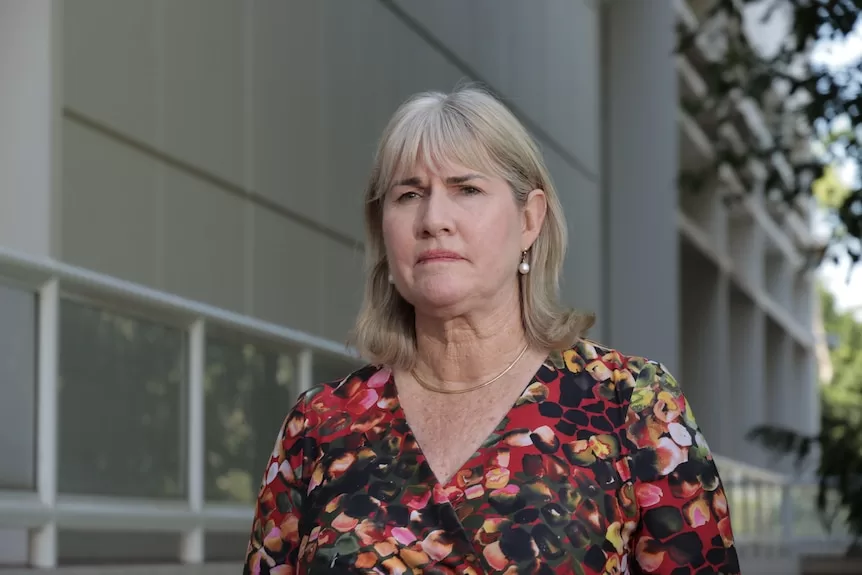The issue of racism in the Northern Territory re-emerged as a topic of discussion last week, when NT Police announced a review into allegations of racist attitudes being commonplace within the police force.
But while accusations against police are in the spotlight, it’s concerns around broader attitudes in the territory that have multicultural groups and disability advocates raising their voices.
Following comments from Police Commissioner Michael Murphy that he had witnessed racism during his time with NT Police, Chief Minister Eva Lawler this week said she had seen “lots of racism” in the wider NT community.
“It’s a part of the territory I don’t like, and I don’t think most Territorians like that as well,” she told ABC Radio Darwin on Tuesday.
“I think it’s abhorrent to see it on social media particularly, because it’s people who are cowards literally. They probably wouldn’t say it to someone’s face, but would put it on social media.”
However, Opposition Leader Lia Finocchiaro said she doesn’t believe there is systemic racism in the NT.
As prominent figures continue to debate the issue in the public arena, the ABC approached members of the NT’s multicultural and disability sector to hear about their experiences.
Here’s what they said.
Impact of racism ‘very real’
The NT boasts a diverse migrant population, which is represented by peak body the Multicultural Council of the NT
The organisation’s president, Edwin Joseph, said racism towards these groups could often be subtle.
Mr Joseph said he was glad the chief minister had spoken up about abuse on social media, but warned that racism in the community wasn’t just isolated to comments online.
“There are places where people will tell it to your face,” he said.
“The impact of racism on multicultural people, on migrants, is very real.”
Mr Joseph said systemic racism in many instances was the result of a “lack of awareness” from parts of the community.
“Some kind of discrimination is inherent in every community, every society, every nation,” he said.
“Unfortunately in Australia, it is racism.”
He said the use of people from the multicultural community as “token figures”, while not including them in decision-making processes, was a key example in government and media especially.
‘Racism is almost zero here’
As the imam of Alice Springs’ main place of worship for people of Islamic faith, Ahmed Aboukhadra said he had witnessed racism online.
But he said the Central Australian community was largely accepting, and that personally he had not seen racism there.
“On social media people say stuff, and occasionally people say ‘go back to your country’,” he said.
“We know it happens all over social media, because people feel free to say anything there.”
Mr Aboukhadra said he didn’t believe systematic racism was a problem in the Northern Territory, saying most people were welcoming of Central Australia’s Islamic community.
“All the information or experiences or situations I have come to know about have been very good,” he said.
“In comparison to other countries, racism is almost like zero here.”
Racism contributing to ‘double-barrelled form of discrimination’
As manager of the Disability Advocacy Service, which serves a large swathe of Central Australia, Merrilee Cox said Indigenous people with complex needs faced massive hurdles accessing disability care in the territory.
“For people with disability, there’s a very high proportion of people in the Northern Territory with a disability,” she said.
“Many of that group are Aboriginal people, and so they often experience a double-barrelled form of discrimination.”
She said Indigenous people living with a disability face greater challenges, particularly in remote communities.
“It’s a very broad range of things that people approach us about for assistance, and really covers all domains of life,” she said.
Ms Cox said one example of systemic racism within the NDIS and disability sector was the lack of interpreters for Indigenous Territorians, which often resulted in inappropriate care and misunderstandings about a person’s needs.
She said an important first step to address those issues was to make NDIS support workers within Centrelink more accessible to the public, especially in remote areas.
